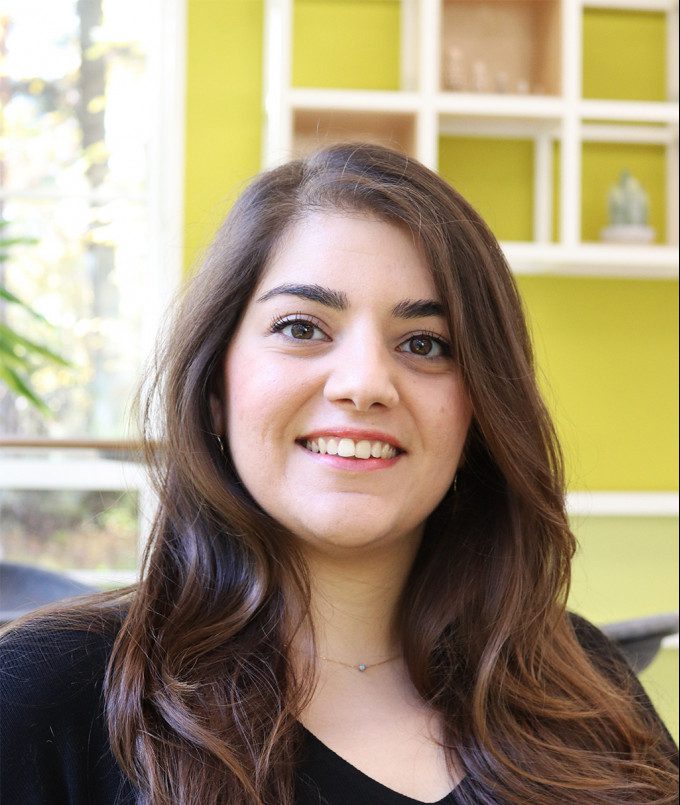
I’m a PhD student at the Language Development Department, Max Planck Institute for Psycholinguistics. My research focuses on how young children learn language, and the role of social and audiovisual cues that caregivers provide when interacting with their children.
Babies and children learn language through interacting with their caregivers (e.g. when playing, reading books, holding conversations over dinner etc.). In these interactions, social cues such as eye gaze are thought to play an important role: when we talk with babies, our eyes provide a lot of information about what we are talking about.
In a current study, I am investigating whether babies’ brains respond differently to speech when the speaker is looking at them compared to when the speaker is looking elsewhere. My other project deals with the role of audiovisual cues in speech. In this study, I am testing whether babies understand speech better when they can see the mouth and lip movements of the speaker, compared to when these cues are hidden behind a block. To answer these questions, I use a method called “electroencephalography” (EEG), which is a non-invasive, child-friendly brain imaging technique. With EEG, we can see how babies’ brains respond to the language they hear. For these two studies, I am currently recruiting 10-month-olds.
Çetinçelik, M., Rowland, C. F., & Snijders, T. M. (2021). Do the Eyes Have It? A Systematic Review on the Role of Eye Gaze in Infant Language Development. Frontiers in Psychology, 11.